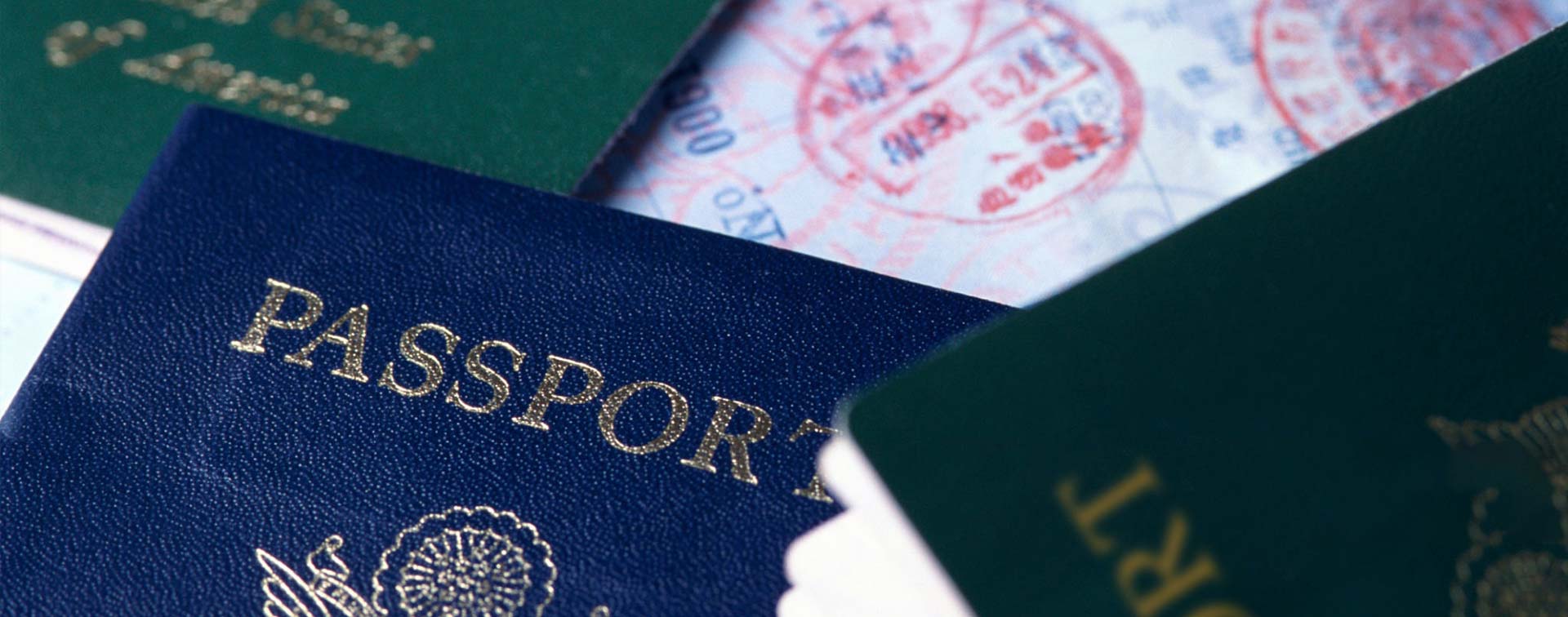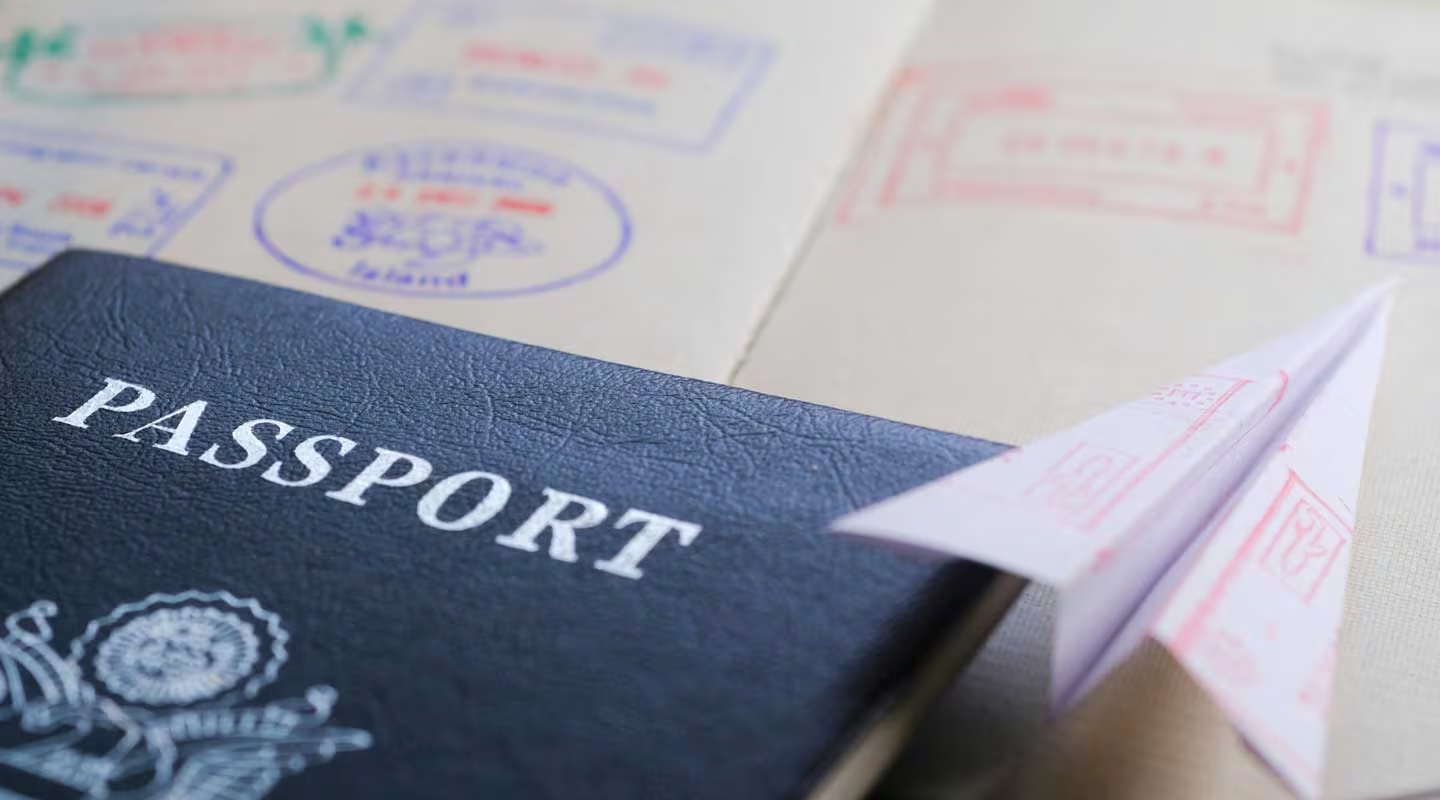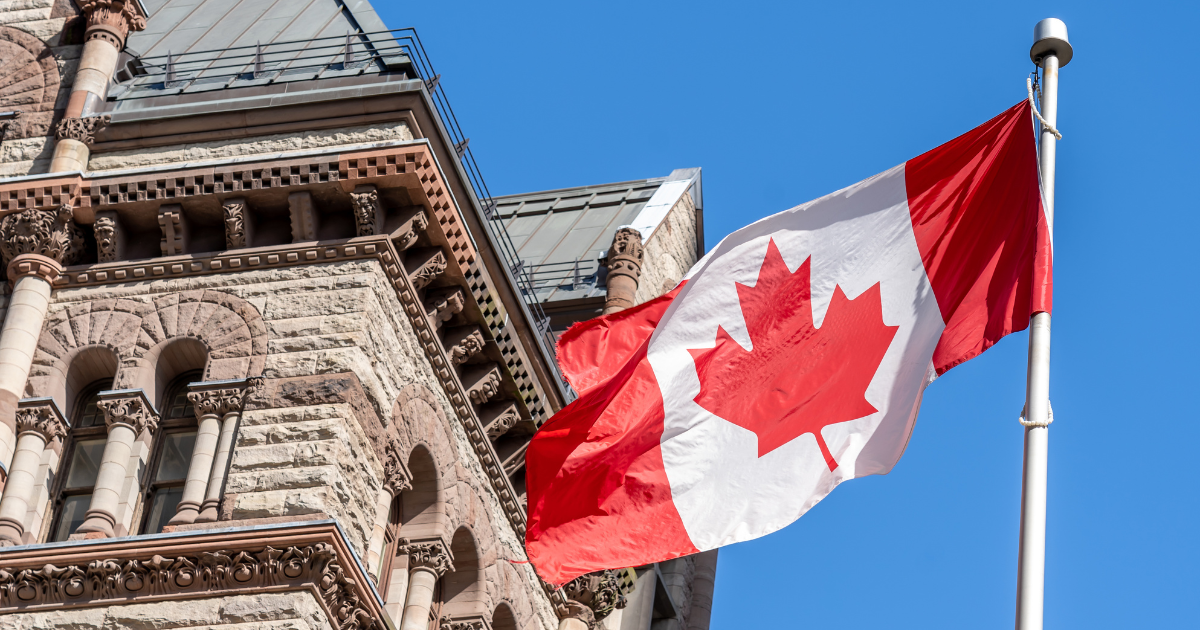The acquisition of a second passport is a milestone for any global investor. It represents the ultimate in personal freedom, global mobility, and a ‘Plan B’ for an uncertain world. However, a dangerous myth often accompanies this achievement: the belief that a new passport is a magic wand that makes tax obligations disappear. In reality, the relationship between dual citizenship and taxation is far more nuanced and complex.
Failing to understand these complexities can lead to unforeseen tax bills, compliance headaches, and even legal trouble. This practical guide for investors will demystify how dual citizenship truly impacts your taxes in 2025. We will explore the foundational principles of tax residency, the challenges of double taxation, and the strategies you can use to navigate your new status as a global citizen, legally and effectively.

The Foundational Principle: Tax Residency, Not Citizenship, Dictates Your Taxes
This is the single most important concept every dual citizen must understand. For the vast majority of the world, your tax obligations are not determined by the passport you hold, but by your country of tax residency.
What is Tax Residency?
A country’s government has the right to tax you if you are considered a “tax resident” under its domestic laws. This status is not a matter of choice; it’s a matter of fact, determined by factors like:
- The 183-Day Rule: Spending 183 days or more in a country during a year almost always makes you a tax resident.
- Center of Vital Interests: If you spend time in multiple countries, tax authorities will look at where your personal and economic life is centered – your permanent home, your family’s location, your business interests, and your social ties.
How a Second Passport Influences Tax Residency
A second passport does not, in itself, change your tax residency. If you are a tax resident of a high-tax country like Canada and you acquire a passport from a zero-tax country like St. Kitts, you still owe taxes to Canada. The power of the second passport is that it gives you the legal right to move to and live in St. Kitts. Once you physically relocate and make St. Kitts the center of your life, you can then officially change your tax residency and begin to benefit from its zero-tax system.
The Big Myth Debunked
Simply holding a second passport in a drawer while continuing to live in your home country has zero impact on your taxes. The passport is the key that unlocks the door to a new tax residency; you still have to walk through that door.
The Elephant in the Room: The U.S. Approach to Dual Citizenship and Taxation
There is one major, globally significant exception to the “residency rules all” principle: the United States.
Citizenship-Based Taxation: A Global Anomaly
The U.S. is one of only two countries that practice “citizenship-based taxation.” This means that all U.S. citizens are required to file a tax return and report their worldwide income to the IRS every year, no matter where they live in the world.
The Burden on U.S. Dual Citizens
For a U.S. citizen, the issue of dual citizenship and taxation is particularly acute. If a U.S. citizen also holds a Portuguese passport and lives full-time in Lisbon, they have tax obligations to both countries. They must:
- File and pay taxes in Portugal as a tax resident there.
- File a U.S. tax return every year, reporting their global income.
- Report all their foreign bank accounts to the U.S. Treasury (FBAR).
- Navigate complex rules to avoid being taxed twice on the same income.
The Only Escape: Renunciation
The only way for a U.S. citizen to permanently end this lifelong tax obligation is to formally renounce their U.S. citizenship, a serious and irrevocable process that may come with a final “Exit Tax.”
Do I Have to Pay Taxes in Both Countries? – The Double Taxation Dilemma
This is the most common question from new dual citizens. The answer is generally “no,” thanks to two key mechanisms.
The Role of Double Taxation Treaties (DTTs)
Most countries have signed Double Taxation Treaties with each other to prevent the same income from being taxed twice. These treaties contain “tie-breaker rules” that establish a hierarchy to determine which country has the primary right to tax you if you are accidentally considered a tax resident of both. The typical rules, in order, are:
- Where you have a permanent home available to you.
- Where your center of vital interests lies.
- Where you have a habitual abode (where you regularly live).
- Finally, your country of citizenship.
The Solution: Foreign Tax Credits (FTCs)
Even if you have a clear tax residency, you may still have tax obligations in another country (e.g., on rental income from a property there, or if you are a U.S. citizen). The Foreign Tax Credit is the solution. For example, if you owe $30,000 in tax to Portugal and $25,000 in U.S. tax on the same income, you can use the $30,000 paid to Portugal as a credit to wipe out your U.S. tax bill completely. You don’t pay twice, but you still pay the higher of the two rates.
Practical Scenarios: How Dual Citizenship and Taxation Play Out
Let’s apply these concepts to real-world examples.
The UK/St. Kitts Dual Citizen (Residency-Based)
A British citizen acquires a St. Kitts passport, sells their home in London, and moves permanently to St. Kitts. They sever their ties with the UK and become a tax resident of St. Kitts.
- Result: They will pay 0% income tax in St. Kitts. Their obligation to pay UK tax on their worldwide income ceases. They will only pay UK tax on any income that still originates from the UK, like rental income from a UK property.
The U.S./Portugal Dual Citizen (Citizenship-Based)
A U.S. citizen acquires a Portuguese passport and moves to Lisbon, becoming a full tax resident there.
- Result: They will pay Portuguese taxes on their income. They must also file a U.S. tax return each year. They will use the taxes paid to Portugal as a Foreign Tax Credit to reduce or eliminate their U.S. tax bill. The filing burden and complexity remain, even if the final tax owed is zero.
The Canadian/UAE Dual Citizen
A Canadian entrepreneur gets a UAE Golden Visa, moves to Dubai, and establishes tax residency there.
- Result: They will pay 0% income tax in the UAE. To stop paying Canadian tax on their worldwide income, they must formally prove to the Canada Revenue Agency (CRA) that they have severed residential ties with Canada. If successful, they are deemed a non-resident for tax purposes in Canada.
Global Compliance: FATCA and CRS for Dual Citizens
In the modern banking world, you cannot hide your dual citizenship status.
Why Banks Ask for All Your Passports
Due to global regulations like FATCA (for the U.S.) and the Common Reporting Standard (CRS), banks are legally required to identify all the tax residencies of their clients. They will ask for all your passports and your tax identification numbers to ensure they are reporting your financial account information to the correct governments. Being transparent is non-negotiable and is essential for maintaining good standing with financial institutions.
A Tool for Strategy, Not a Magic Wand
Dual citizenship is an incredibly powerful asset for an international investor. It provides unparalleled freedom, security, and opportunity. However, it is crucial to understand its role in your financial life correctly.
The impact of dual citizenship and taxation is governed almost entirely by the principles of tax residency. Your second passport is the key that allows you to choose your tax residency strategically, but it does not, by itself, grant you any tax benefits. The key to avoiding double taxation lies in understanding international tax treaties, utilizing foreign tax credits, and, most importantly, genuinely establishing a life in your new home country.
Before embarking on a dual citizenship journey, it is imperative to consult with an international tax advisor. They can help you create a clear strategy and a compliance roadmap. Understanding these rules is the fundamental difference between achieving true financial freedom and stumbling into a costly compliance nightmare.
Follow us on social media and website for more insights!









